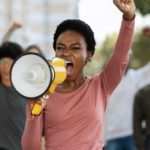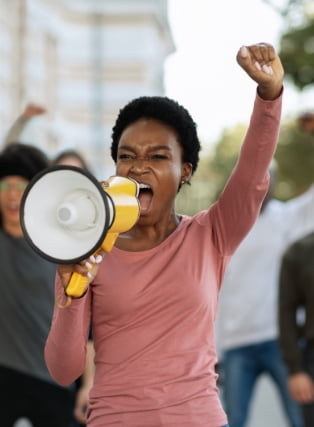Eighteen LGBTI people were murdered in Brazil in May
Violence against LGBTI people in Brazil continues to take lives, confirming the serious lgbt-phobic context in Brazilian society. In May, the media in Brazil reported at least eighteen murders of LGBTI people: fourteen transsexual women and travestis[1], three lesbian women, and one gay man.
In general, the murders maintain the cruel characteristics of manifestations of hate for LGBTI lives described in the Briefing on Murders and Violence against Transsexuals and Travestis in Brazil in 2018, prepared by the National Association of Travestis and Transsexuals (ANTRA): a high number of stabbings, shots, burned bodies, etc.
In Salvador, Bahia, a lesbian couple were stabbed to death by a neighbor who had previoulsy expressed aggresion against them. According to the Dossier on lesbian behavior in Brazil, lesbocide exists as an integral part of patriarchy, since lesbians are considered women who do not submit to the heterosexual norms that allow male domination over heterosexual women.
In Belo Horizonte, Minas Gerais, on May 12th, a travesti who was not identified was stabbed to death at least 15 times on the back, head, shoulder, and neck.
In the city of Bacabal, in Maranhão, the travesti Melissa, 33, was also stabbed to death and had her hand cut off. When she was found, her hand was over her mouth, in order to symbolize that she was talking too much.
On the 30th, the body of oldest travesti from the town of Seabra, in Bahia, was found burned inside her house. Although her age was uncertain, she was known to be between 70 and 80 years old.
Despite this grim state of affairs, May was also the month in which the death of a transsexual woman was registered as a feminicide for the first time, by the police of the state of São Paulo. The case occurred in February, when the trans woman, Raiane Marques, 36, was murdered on the coast of the state after a discussion with a man she met the night before.
For Bruna Benevides, Secretary of the Political Coordinating Body of the National Association of Transsexuals of Brazil (ANTRA, for its initials in Portuguese), the designation of the murder as feminicide symbolizes the struggle for the recognition of their feminine identity that the Brazilian trasvesti and transsexual population is fighting for on a daily basis.
Ms. Benevides recalls that when the law of feminicide was negotiated in the National Congress, there was a debate in order to remove the expression “gender identity” so that the law would not protect trans people. The trans activist is disappointed that the recognition of the gender identities of trans women is late and occurs after such a barbaric act of violence:
“We see that the advances and set-backs of our discussions are having an effect and transforming society’s view of our population. It’s a pity that this happened late, and in response to deadly violence.”
Race and Equality will continue its struggle for equality and calls on the Brazilian State to investigate the killings of LGBTI people and to guarantee a decent life for this population.
[1] Travesti is a gender identity that exists in some Latin American countries such as Brazil that describes people assigned male at birth who take on a feminine gender role and gender expression, sometimes through the use of feminizing body modifications such as hormone replacement therapy, breast implants, and silicone injections.

About the autor:
Isaac Porto – LGBTI Consultant for Race and Equality in Brazil



